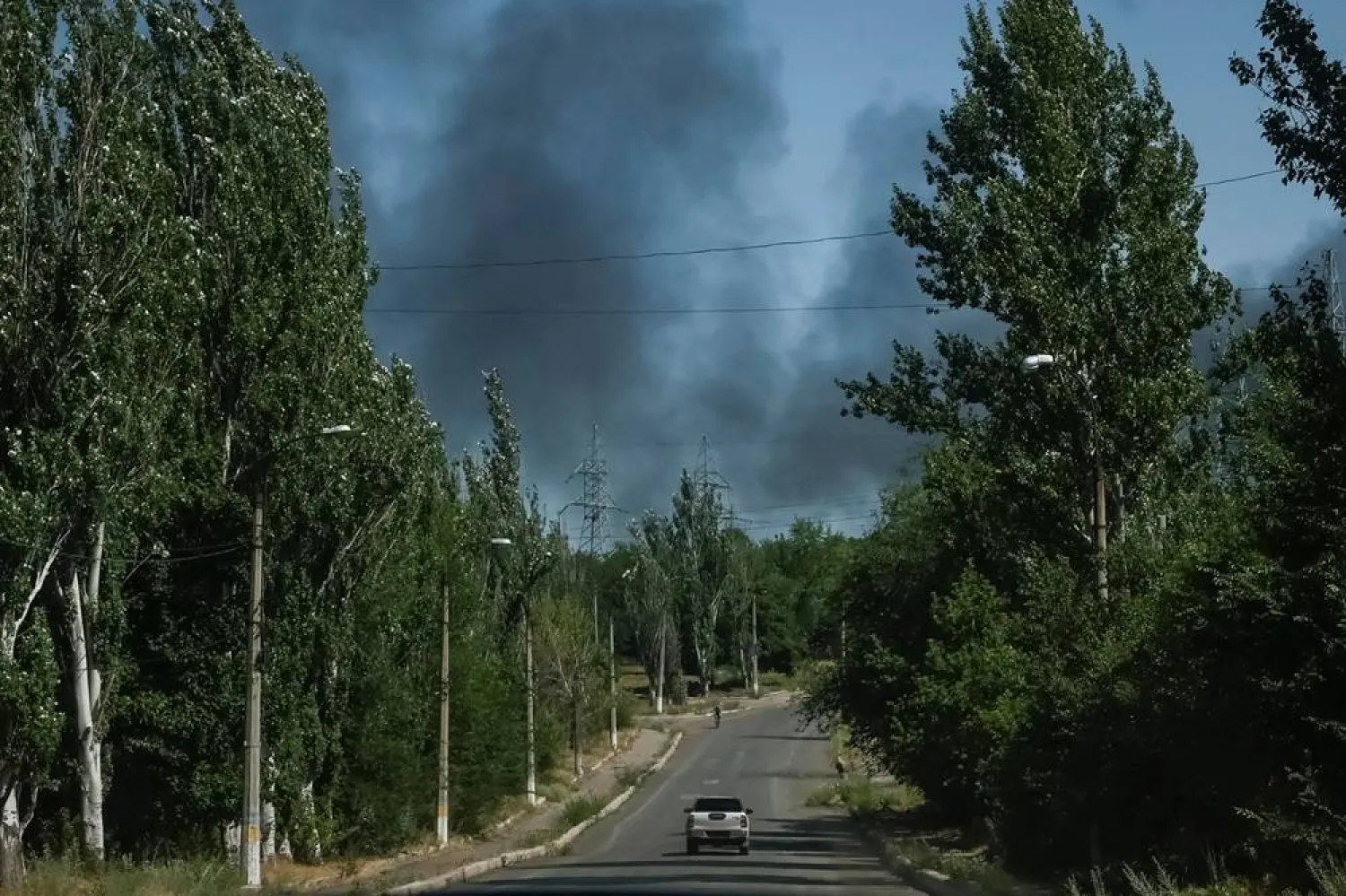Former South Korean President Yoon Suk Yeol apologized on Friday for his short-lived declaration of martial law in December 2024, a day after a Seoul court sentenced him to life in prison for masterminding an insurrection.
In a statement released by his lawyers, Yoon said that while he was sorry for the "frustration and hardship" brought upon the people by his martial law decree, he stood behind the "sincerity and purpose" behind his actions.
The Seoul Central District Court's decision to hand him a life sentence on Thursday was "predetermined," he said, adding that the verdict against him was political retaliation.
"Forces that seek to smear a decision made to save the nation as an 'insurrection' and to use it beyond political attacks as an opportunity to purge and eliminate their opponents will only grow more rampant going forward," he said.
Yoon also questioned whether an appeal would have meaning in what he described as an environment where judicial independence could not be guaranteed, while telling supporters to "unite and rise."
His lawyers separately said the statement did not amount to an intention to forgo an appeal.
Yoon's martial law declaration lasted around six hours before being voted down by parliament, but it sent shockwaves through the country and sparked street protests.
The court found Yoon guilty of subverting constitutional order by deploying troops to storm parliament and move to detain opponents, capping a dramatic fall that saw him stripped of office and end up behind bars.
Yoon, a former career prosecutor, denied the charges, arguing he had presidential authority to declare martial law and his action was aimed at sounding the alarm over opposition parties' obstruction of government.
A special prosecutor had sought the death penalty for Yoon, though South Korea has not carried out an execution since 1997.
A prosecutor said on Thursday the team had some "regret" over the sentencing, but declined to say whether they planned to appeal.









